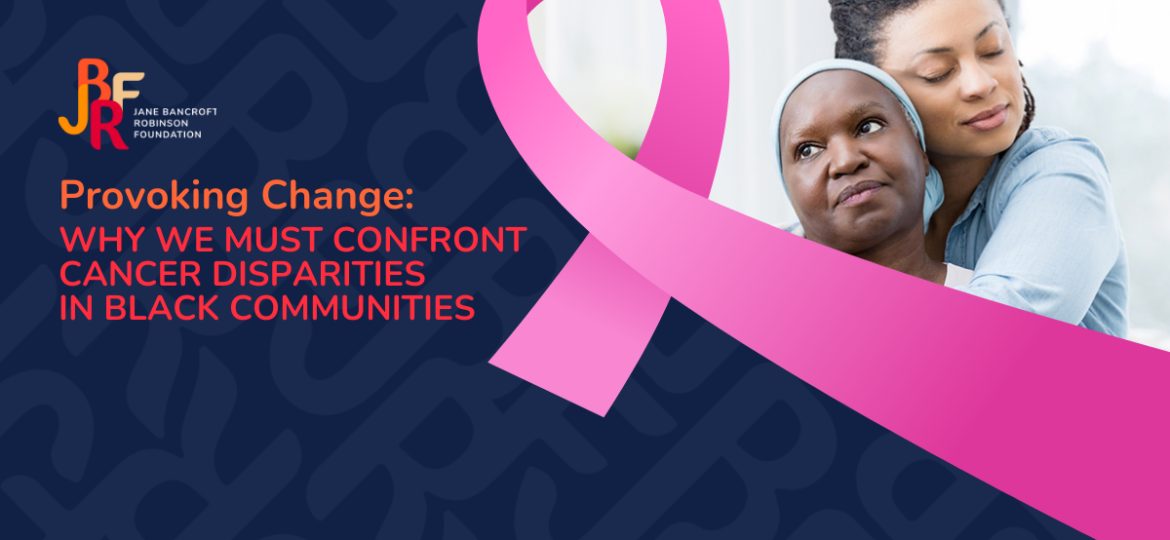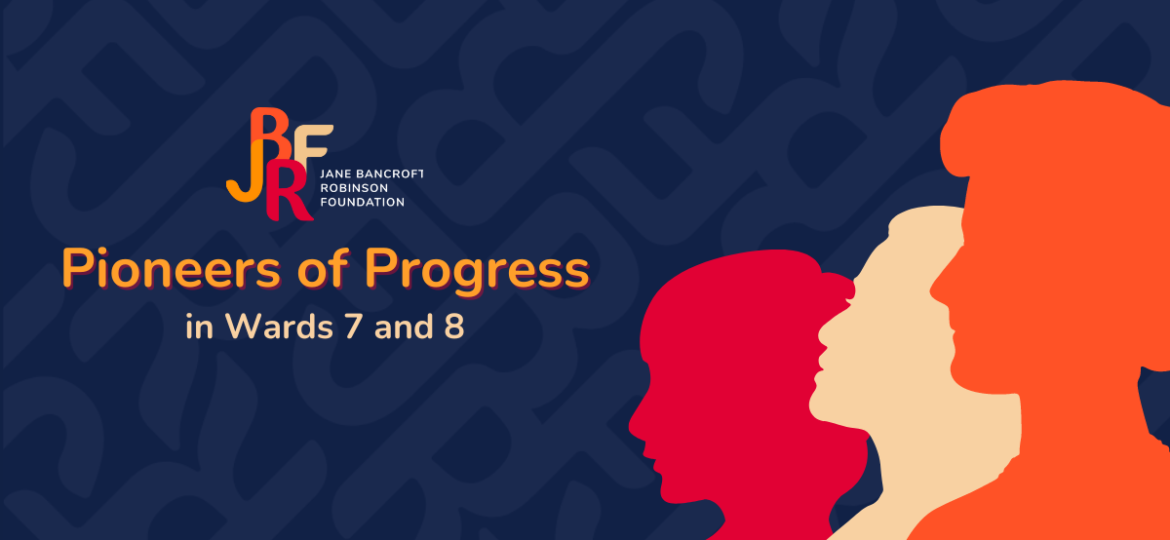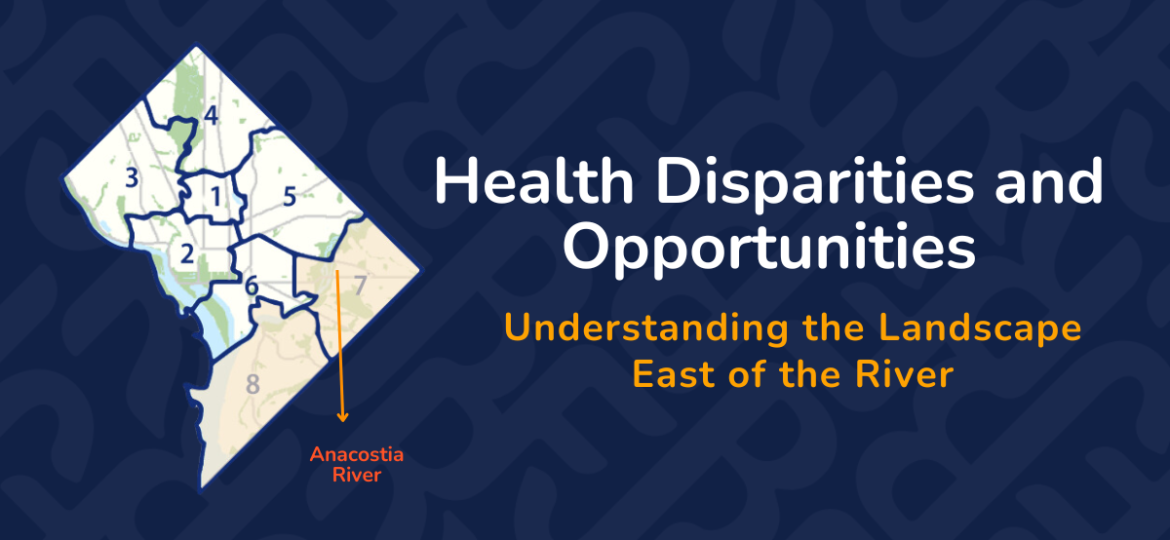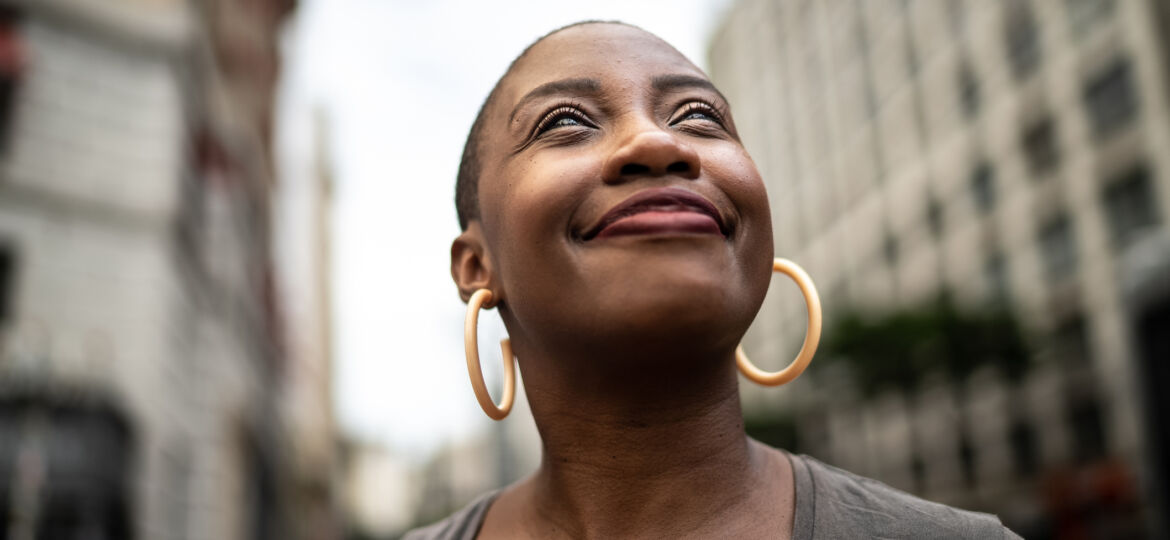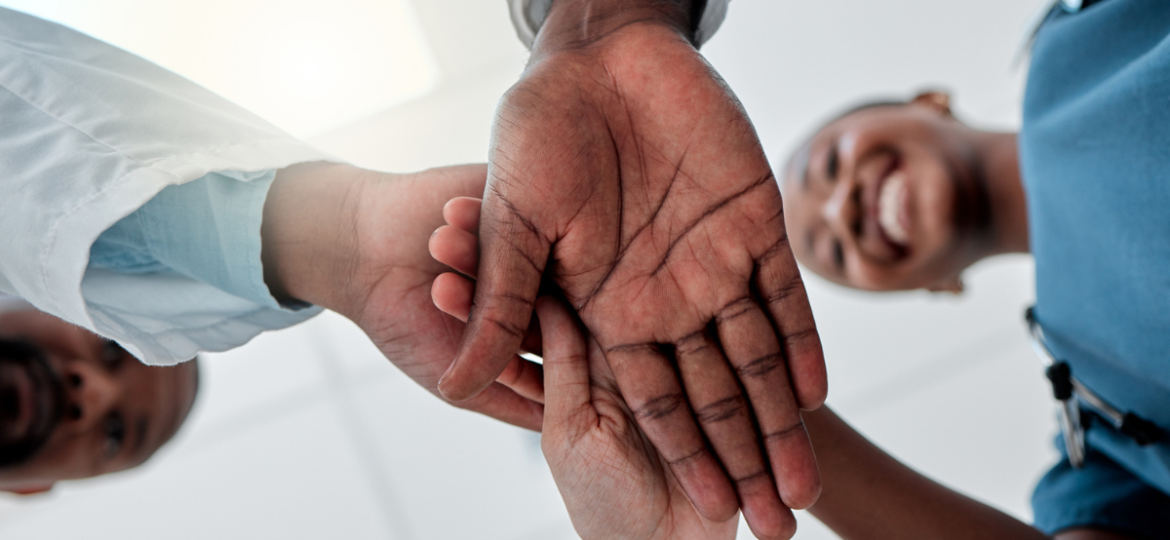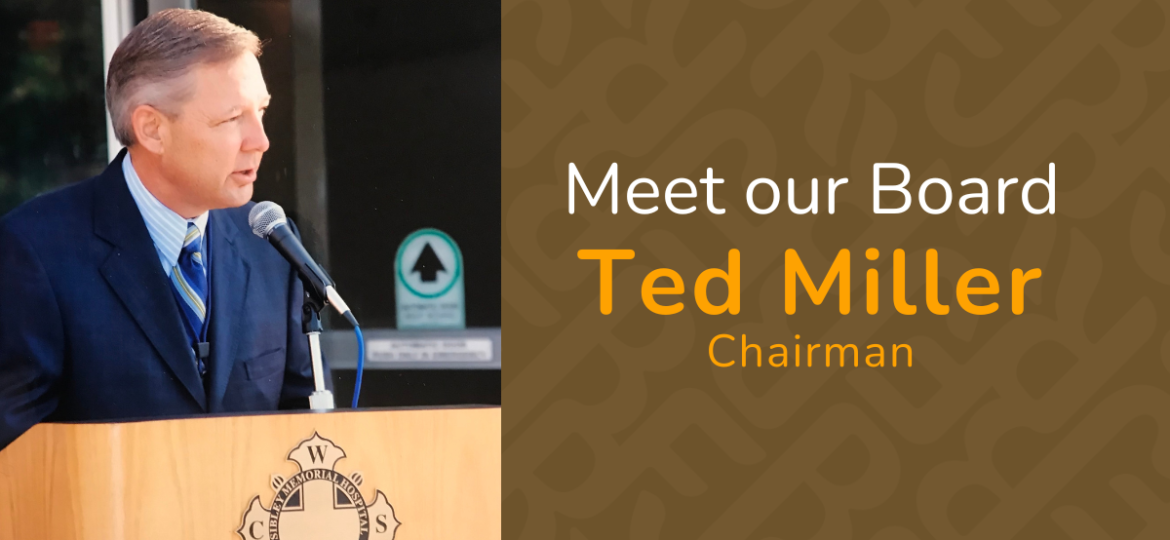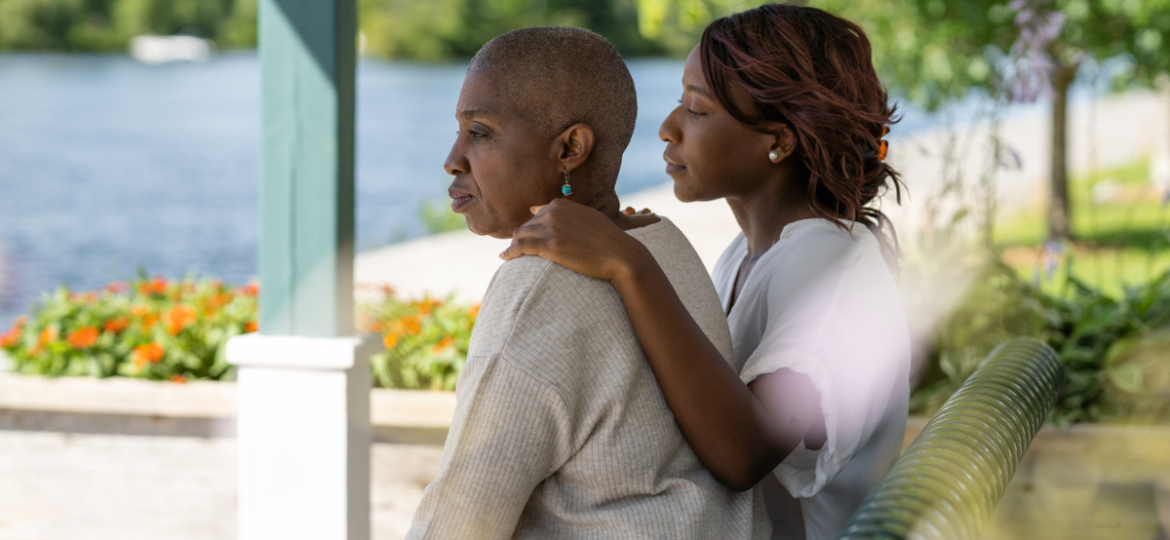Cancer doesn’t discriminate, but outcomes and access to care often do, especially for Black families in Washington, D.C. Black women face unique hurdles, with higher mortality rates and significant inequalities in care access. Addressing these disparities requires raising awareness about prevention, screening, and treatment. Efforts by organizations like JBRF and Black Women Thriving East of the River are crucial in improving cancer outcomes and addressing economic and health challenges in underserved communities. Every step forward in this mission is significant, reflecting a united commitment to health equity and quality cancer care for all.
In the vibrant heart of Wards 7 and 8 in Washington, D.C., visionary women have driven transformative change by addressing social determinants of health through education and housing. Trailblazers like Mary Jane Patterson and Nannie Helen Burroughs laid educational foundations, while Dorothy Height and Ella Baker championed housing rights and civil rights, respectively. Today, organizations like JBRF and Black Women Thriving East of the River (BWTEoTR), led by Nakeisha Neal Jones, continue this legacy, working to reduce racial, health, and economic disparities and fostering a future where every individual has the opportunity to succeed.
East of the Anacostia River, disparities persist: historic segregation, economic inequality, and limited healthcare access. With a median household income of $30,000 for a family of four—far below the city and national averages—residents face significant challenges. Efforts like the Cedar Hill Regional Medical Center aim to bridge the gap, offering hope for a more equitable future. By empowering residents and addressing root causes, we aim to create a Washington, D.C., where all thrive, regardless of zip code.
Despite historical progress, healthcare and economic challenges persist East of the River, gravely impacting Black women who reside in Wards 7 and 8 communities. Recognizing the urgency is the first step to uncovering patterns that display systemic issues. We believe that every individual deserves the chance to thrive, regardless of socioeconomic status, and that collective action is of utmost importance today.
In collaboration with D.C. Health, a Mayoral Task Force invited JBRF to delve into the longstanding systemic challenges affecting healthcare workforce development in Washington, D.C. What emerged in the form of a report were key stressors and strategic recommendations to enhance healthcare accessibility, reduce unemployment, and empower underrepresented populations, particularly focusing on improving opportunities for Black women in the healthcare sector.
Revealing the complex challenges of inequity in Washington, D.C.’s healthcare workforce, this narrative delves into the unique perspective of the Mayor’s Healthcare Task Force. Uncovering historical barriers, implicit biases, and the subtle intricacies of structural unemployment, readers are invited to unravel the nuanced issues hindering genuine equity in healthcare employment and outcomes in the nation’s capital.
The first step to creating diverse healthcare opportunities begings with confronting the challenges that a community is facing, such as implicit biases and systemic racism.
The traditional approach in philanthropy often overlooks the importance of compensating community members for their contributions. This oversight not only undervalues their input but can also perpetuate systemic inequalities.
Chairman of the Jane Bancroft Robinson Foundation, Ted Miller, speaks about its early days, and his aspirations for the foundation’s future.
Black women experience cancer at significantly higher rates than their white counterparts, and the economic disparities are glaring. Closely working with the community using a trust-based philanthropy model uncovered the relationship between physical and economic health. How can we, in philanthropy, prevent Black women from getting caught in a vicious cycle of poor financial and physical health?


